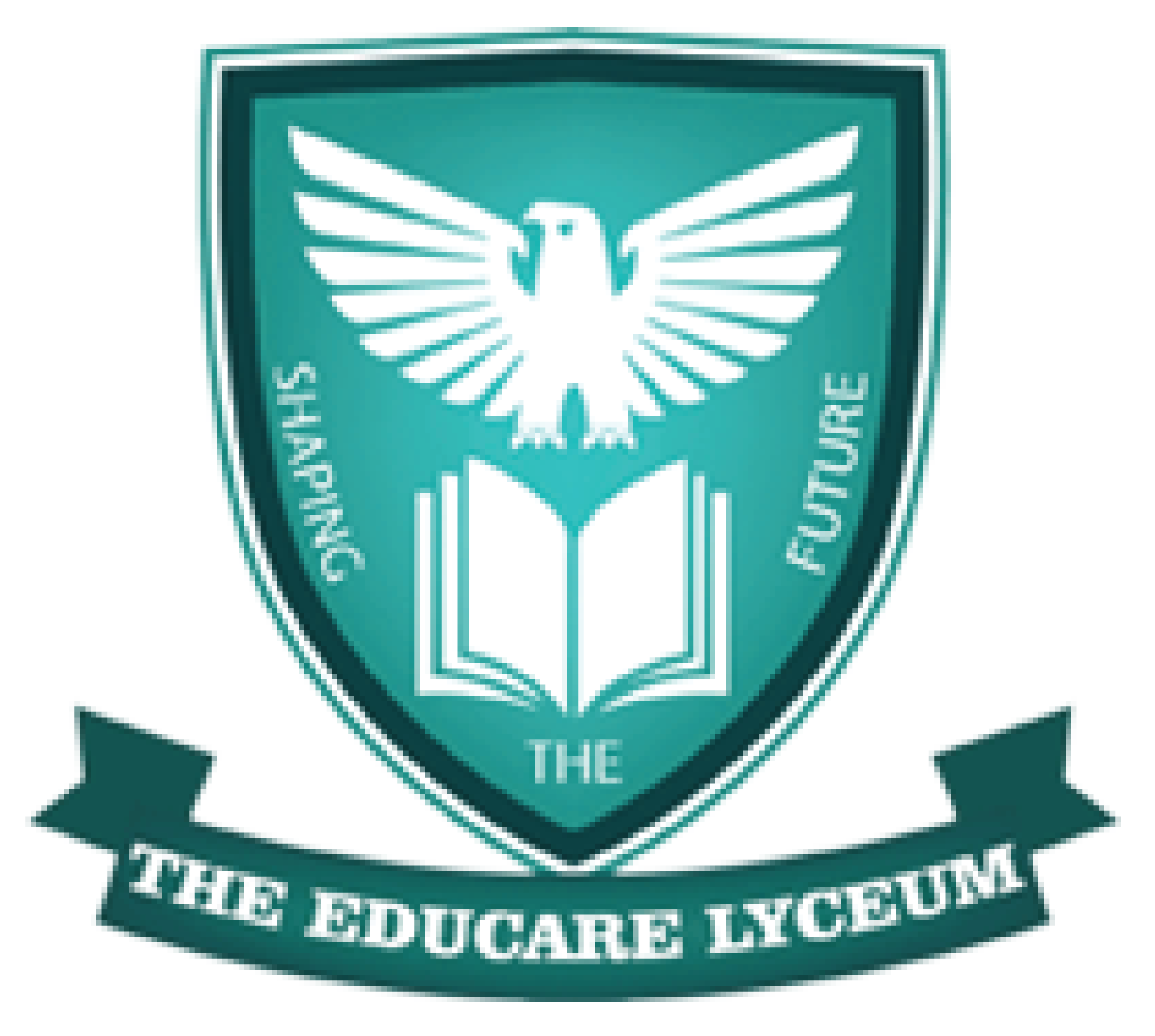Skilled-based programs syllabi are tailored educational frameworks designed to equip individuals with specific, hands-on skills that directly apply to particular professions or industries. These programs prioritize practical training over theoretical knowledge, emphasizing the development of competencies crucial for success in specialized fields.
Whether in areas like vocational training, technical education, or apprenticeships, the syllabus for skilled-based programs is carefully crafted to address the real-world demands of the chosen profession. The curriculum typically includes a combination of theoretical understanding and practical application, ensuring that learners not only comprehend the concepts but also gain proficiency in applying them in practical scenarios.
Skilled-based programs cover a diverse range of fields, such as healthcare, technology, automotive, hospitality, and the trades. For example, a skilled-based program in healthcare may include hands-on clinical experiences and simulations alongside theoretical medical knowledge. In technology, students might engage in coding projects and practical applications of software development.
Assessment in skilled-based programs often involves practical evaluations, projects, and real-world simulations, allowing students to demonstrate their acquired skills. The syllabus aims to provide a seamless transition from education to the workforce, ensuring graduates are well-prepared and competent in their chosen profession, contributing to the growing demand for skilled professionals in various industries.
